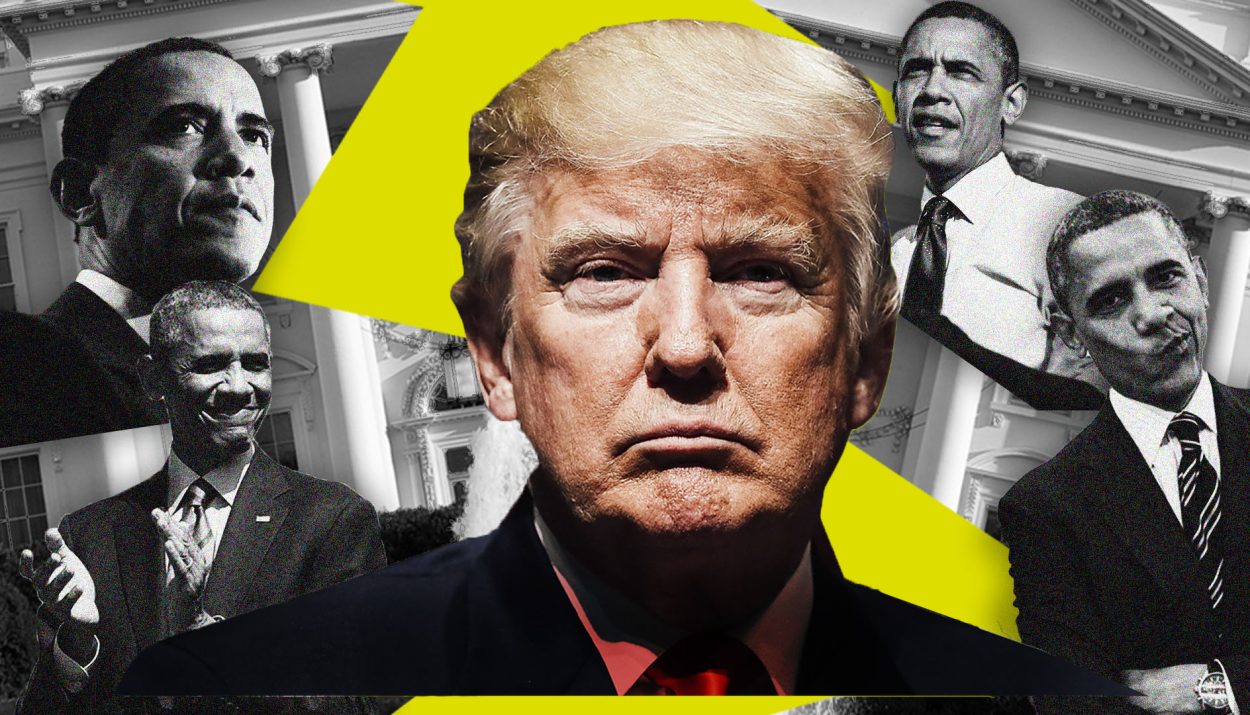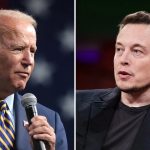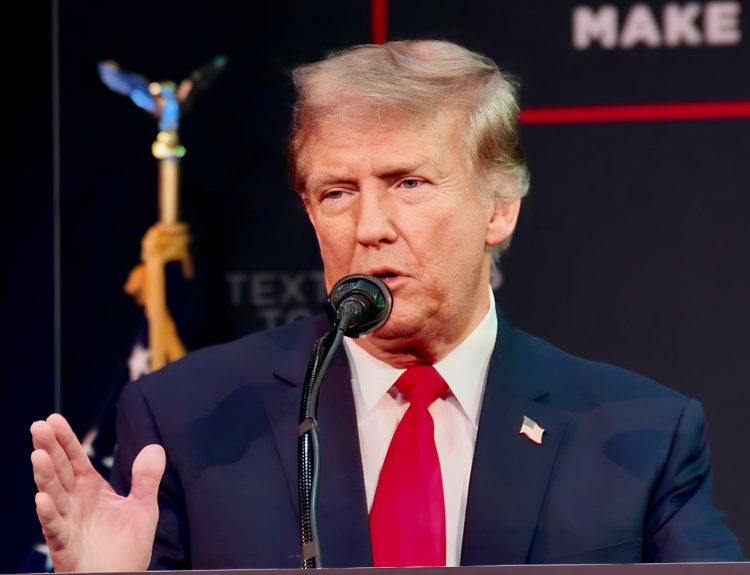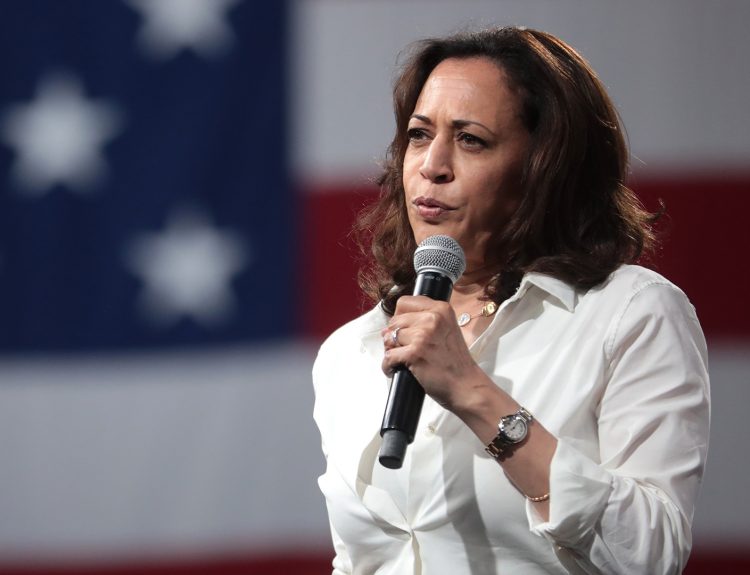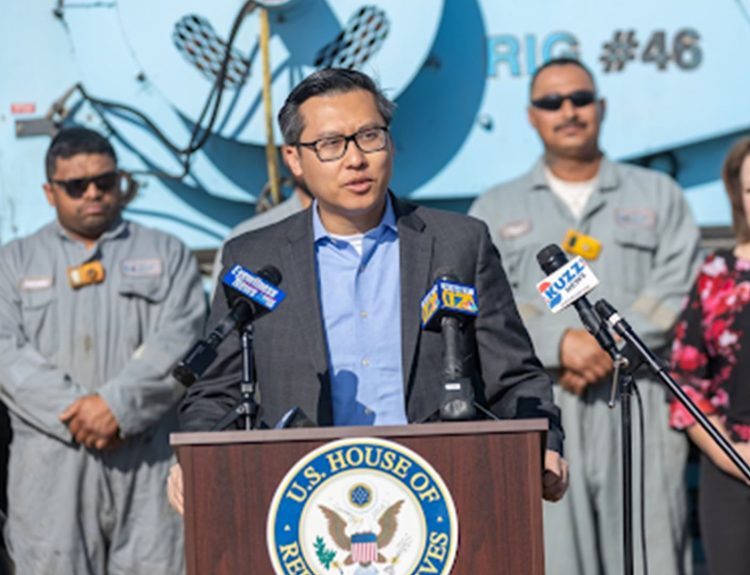The age of politicians often becomes a key focus during elections, with considerable attention paid to how their age may impact their ability to serve effectively. This issue becomes particularly pronounced when candidates reach advanced ages, as questions arise about health, energy levels, and mental acuity.
The upcoming 2024 election has brought this debate to the forefront, as two septuagenarians faced off for the presidency. Both Joe Biden and Donald Trump faced scrutiny over their ages, but the tenor of coverage highlighted potential double standards in how the media approaches the issue.
The Scrutiny on Biden’s and Trump’s Age and Health
The media has scrutinized President Biden’s age and mental acuity since the start of his term. News reports frequently question whether the 79-year-old is still cognitively fit for the role, often citing occasional verbal stumbles or pauses during speeches as evidence of decline.
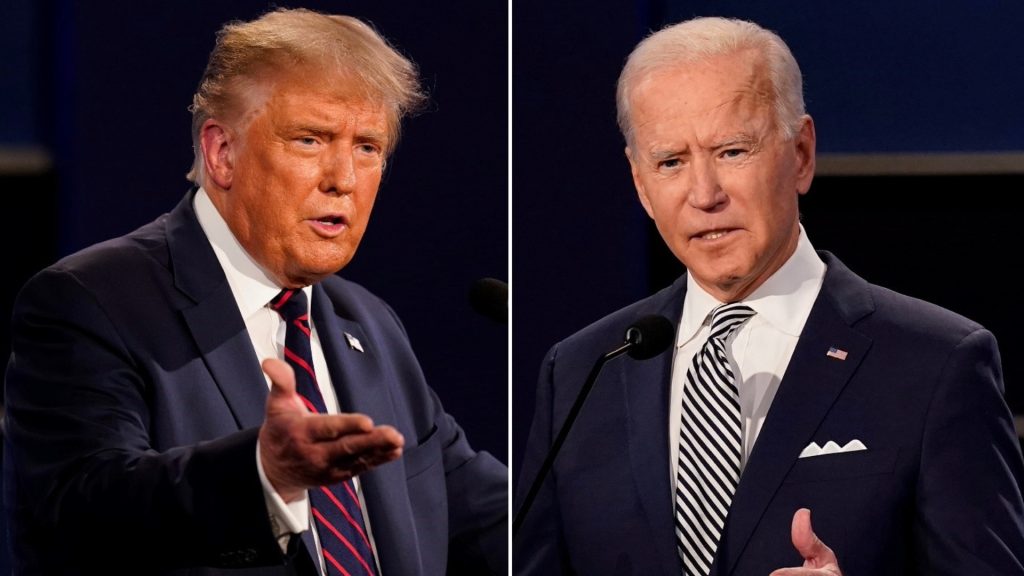
However, former President Trump’s frequent memory lapses and insults are rarely covered or mischaracterized. For instance, Trump has repeatedly referred to Barack Obama as his 2024 opponent and confused Nikki Haley with Nancy Pelosi. His mocking insults of others have escalated, yet his behavior is often excused or portrayed as a show of strength.
Trump’s Age Was Rarely Discussed During His Presidency
Trump’s age and fitness were rarely scrutinized during his presidency by the media. Despite exhibiting concerning behavior at times, as evidenced by referring to Obama as his 2024 opponent and confusing Nikki Haley with Nancy Pelosi, his visible aging and frequent gaffes were often ignored or mischaracterized.
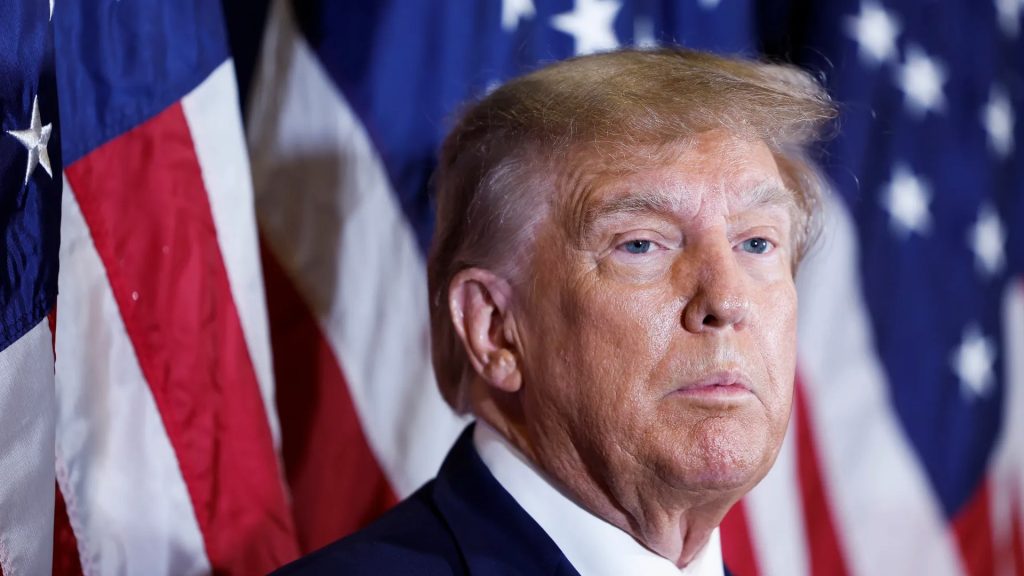
For example, a New York Times op-ed described 77-year-old Trump as “heavy set and tall, and he uses his physicality to project strength in front of crowds,” ignoring his actual state of health. Comparisons between Trump and Biden’s ages were often exaggerated. For instance, the New York Times ran a headline asking, “Which Is Worse: Biden’s Age or Trump’s Handing NATO to Putin?”
The Media’s Ageist Double Standard
The media has employed an ageist double standard in its coverage of the two oldest presidents in U.S. history. While President Biden’s age and mental acuity have been frequently called into question, the former president’s visible signs of aging and lapses in memory have largely been ignored or mischaracterized.
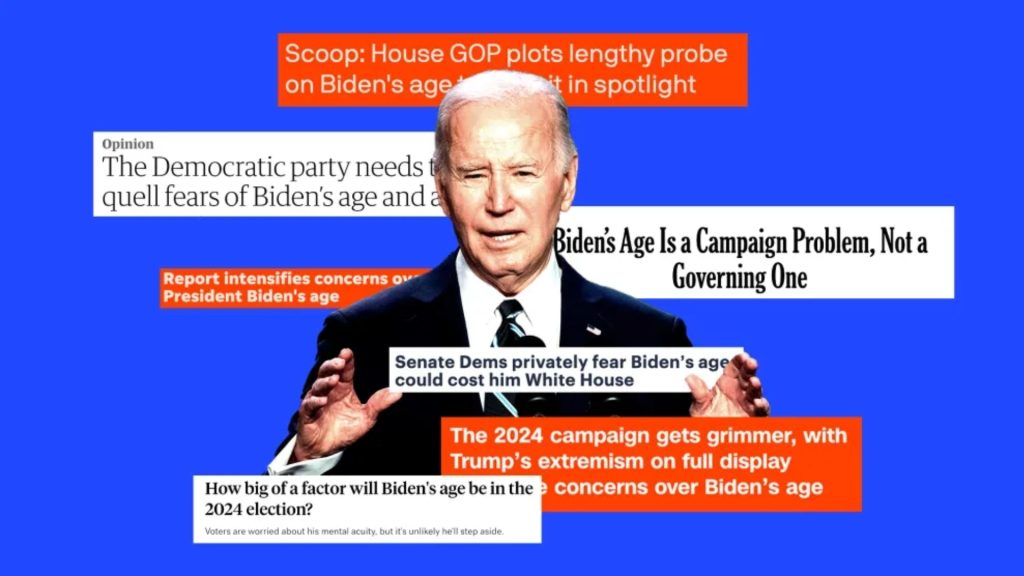
President Biden’s age has been a frequent topic of media speculation and concern. For example, in 2024, the New York Times ran an opinion piece with the provocative headline “Which Is Worse: Biden’s Age or Trump’s Handing NATO to Putin?” The article insinuated that the 77-year-old Biden’s age should be of greater concern than the former president’s foreign policy decisions that threaten national security.
Excusing the Former President’s Shortcomings
In contrast, the media has been reluctant to scrutinize the former president’s age and frequent memory lapses. For instance, he has repeatedly referred to Barack Obama as his 2024 opponent and confused Nikki Haley with Nancy Pelosi. His insults and verbal attacks have also intensified in recent years.
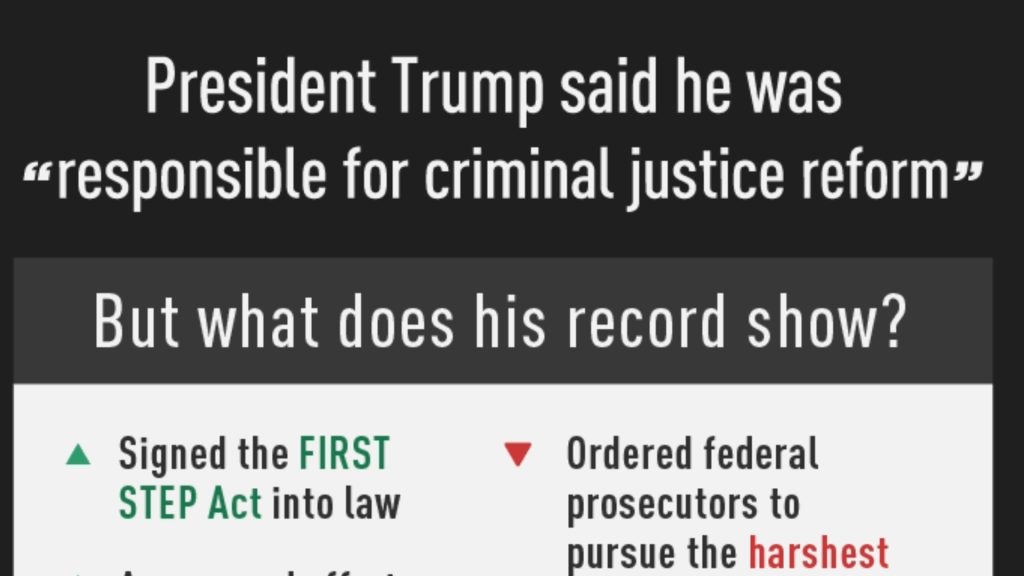
Some former allies have acknowledged the former president’s sharpness in private. Kevin McCarthy, the House Minority Leader, told colleagues that he found the former president to be “sharp and substantive in their conversations,” despite frequently mocking Biden’s age and mental fitness in public.
How Ageism Hurts America’s Democracy
Ageism, the stereotyping and discrimination against individuals based on their age, is prevalent in political spheres. When voters and the media dismiss or make unfounded judgements about a candidate’s age and mental acuity, it deprives the public of experienced, qualified leaders.
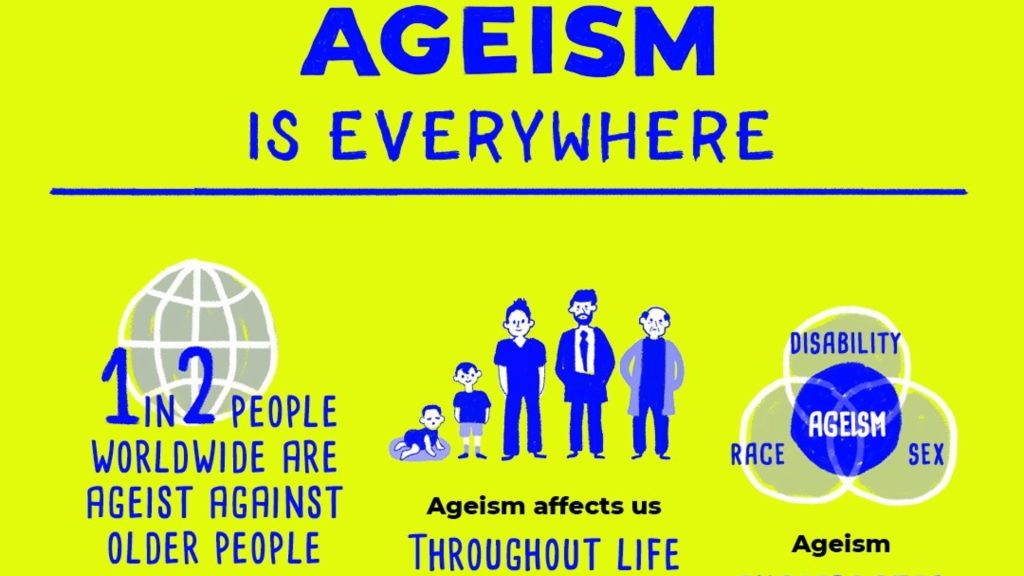
While age brings wisdom, life experiences, and valuable expertise, older candidates face greater scrutiny over memory, stamina, and health. For example, presidential candidates Joe Biden and Donald Trump, the two oldest in history at 77 and 74, respectively, have faced disproportionate focus on their ages.
Double Standards Based on Political Affiliation
There are also clear double standards in how age affects the perceptions of candidates depending on their political affiliation. For instance, former Democratic House Speaker Nancy Pelosi faced criticism over her age and mental fitness at 79, while Senate Majority Leader Mitch McConnell faced little scrutiny at the same age.
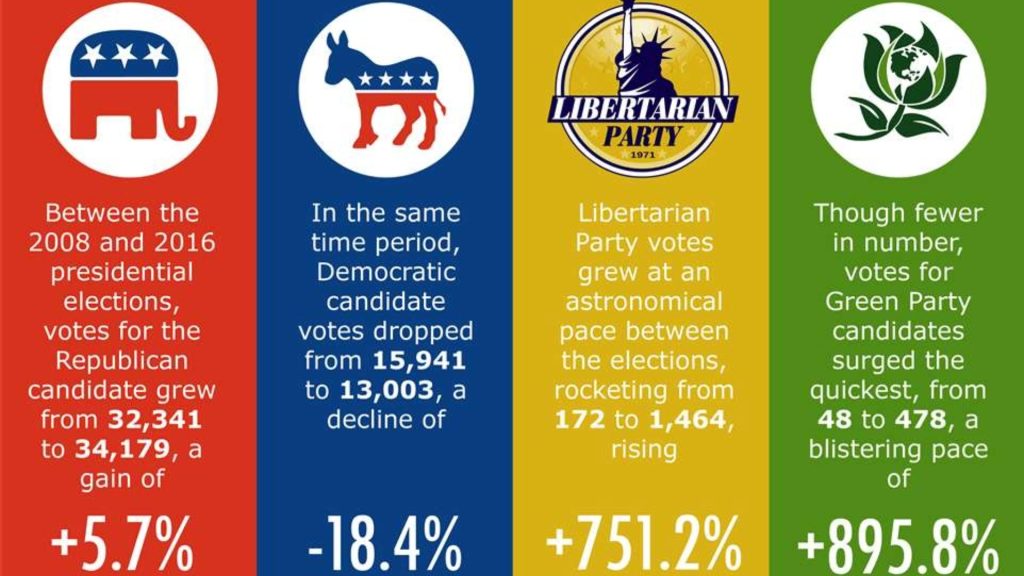
By promoting ageist stereotypes, the media and political opponents aim to undermine candidates and limit voter choice. While all candidates deserve scrutiny, evaluations should focus on actual abilities and policies, not attributes like age, gender, or race.
Biden’s Accomplishments Despite His Age
Joe Biden’s age has been a subject of intense media scrutiny. However, despite being the oldest president in U.S. history at 77 years old, Biden has accomplished an ambitious agenda. Upon taking office, Biden was tasked with addressing the COVID-19 pandemic, economic recession and racial injustice protests.
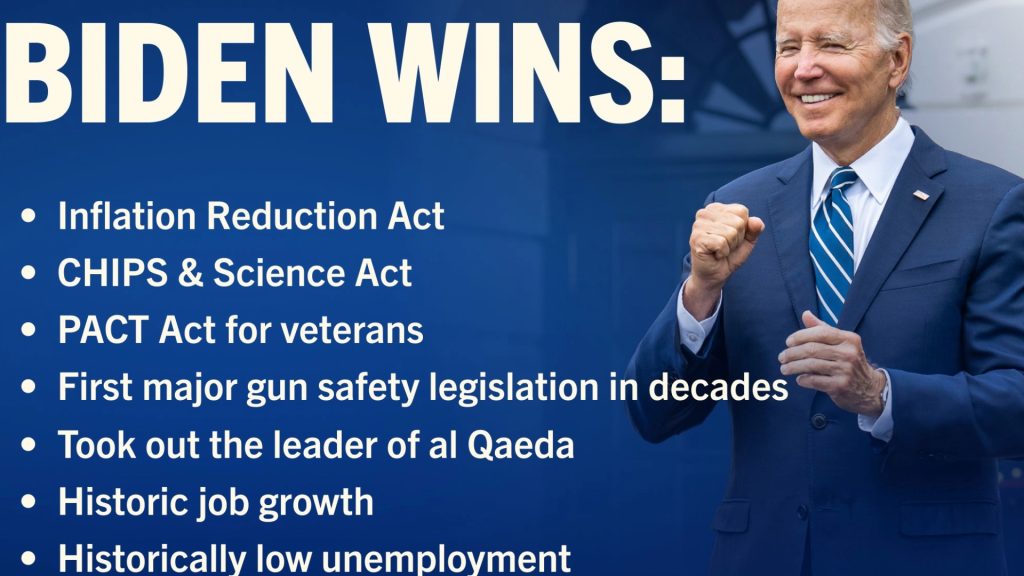
Under his leadership, the U.S. administered over 300 million vaccine doses in 150 days. He also signed into law the American Rescue Plan, which provided $1.9 trillion in economic relief for Americans. To advance racial equity, Biden established a task force to examine federal policies and programs.
Passing Sweeping Legislation and Restoring America’s Standing Abroad
Biden secured bipartisan support for a $1.2 trillion infrastructure bill to rebuild America’s roads, bridges and broadband networks. He also signed the CHIPS and Science Act to boost domestic semiconductor manufacturing. Additionally, Biden cancelled billions in student loan debt, expanded healthcare for veterans and their families, and took executive action on climate change.
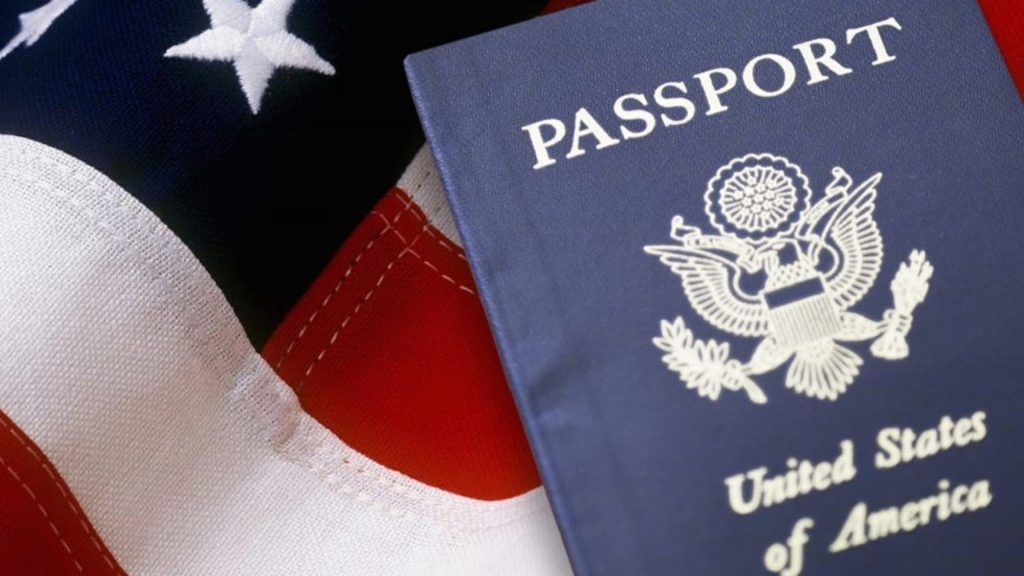
Biden rejoined the World Health Organization and Paris Climate Accord, signaling America’s renewed commitment to global cooperation. He held a summit with Vladimir Putin to discuss arms control and warned China against threatening Taiwan.
Should Presidential Age Limits Be Implemented?
As the previous election highlighted, the age of presidential candidates is an issue of growing concern. Donald Trump and Joe Biden were the oldest candidates to ever run for the presidency, and questions persist regarding their mental and physical fitness to serve. Some argue that an age limit, such as 70 or 75, should be instated for the presidency to avoid concerns over a candidate’s vitality or cognition.
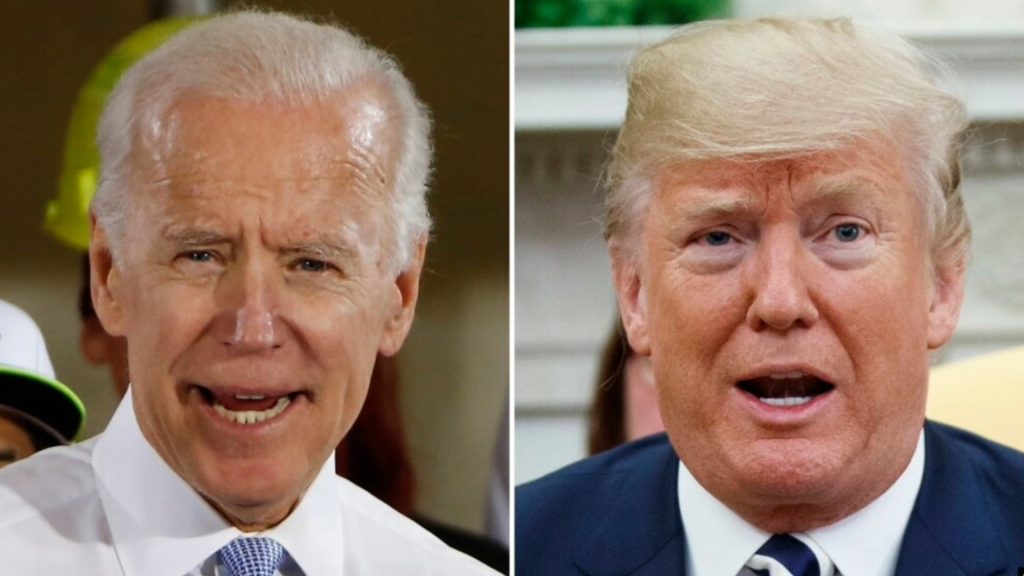
However, implementing an age limit raises constitutional issues and risks discrimination. The Constitution sets only a minimum age requirement of 35 for the presidency and does not mention any maximum age. Imposing an age limit could be seen as violating the Constitution and the democratic principles of free choice by voters.
Tips for Covering Age in a More Respectful Way
The media should avoid ageism and treat candidates of all ages with respect. Reporters and commentators should focus on a candidate’s abilities and policy positions rather than making assumptions based on age alone
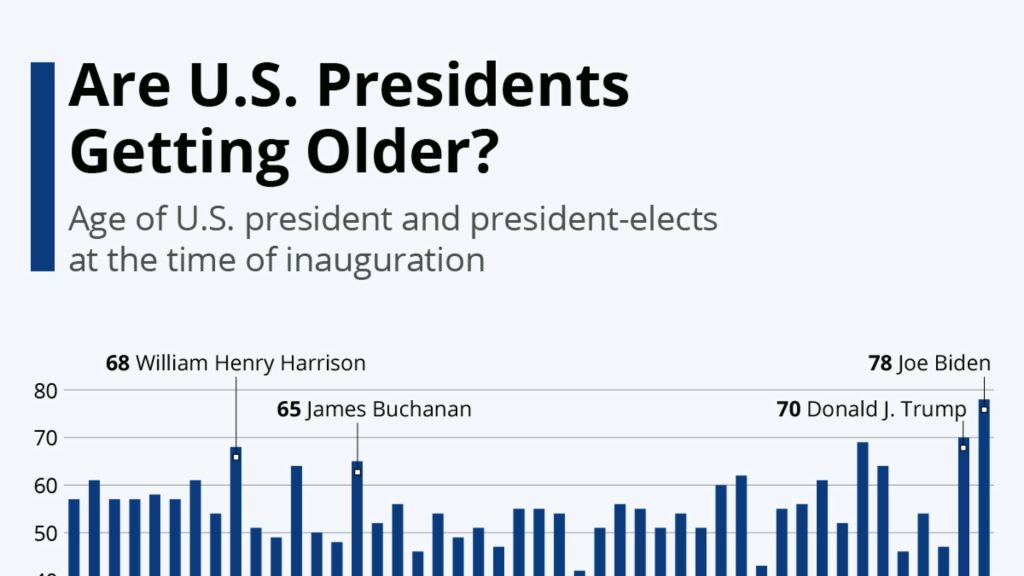
Journalists should refrain from describing candidates with terms that imply senility or frailty. Comments about a candidate’s physical appearance, energy level, or stamina are irrelevant and disrespectful. Candidates of all ages deserve to be judged based on their competence, qualifications, and ideas.

